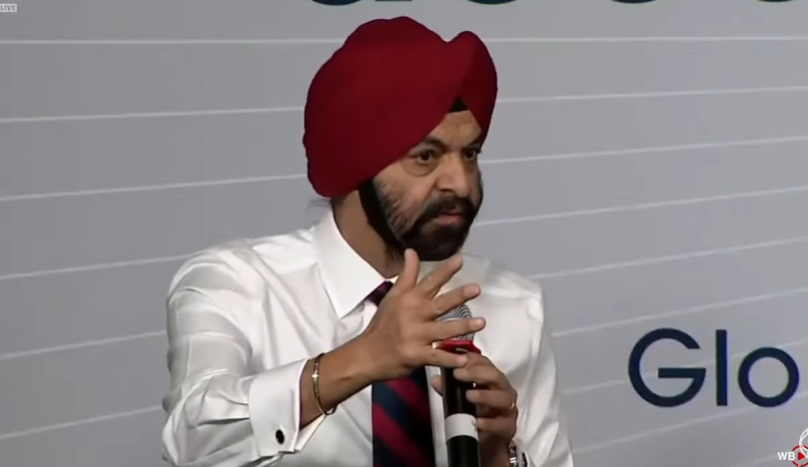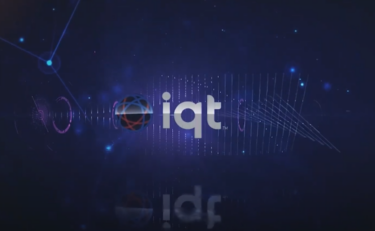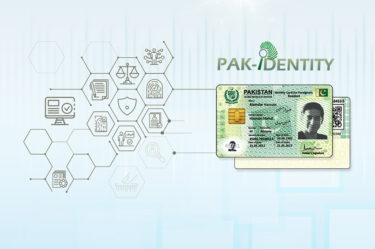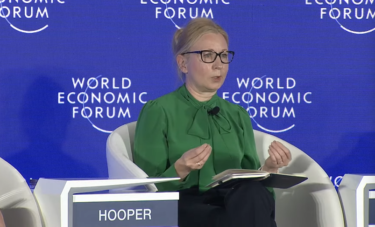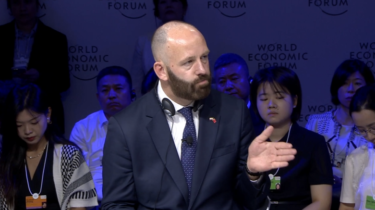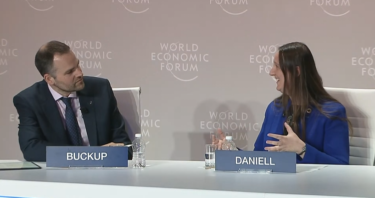The president of the World Bank calls on governments to launch digital identity schemes, so that they can be linked with the private sector and existing infrastructures.
Speaking at the World Bank Group’s inaugural Global Digital Summit last week, World Bank president Ajay Banga said that digital identity should be embraced worldwide, and that governments should be the owners, so they can guarantee privacy and security for their citizens.
According to Banga, once everyone is hooked-up to a digital ID, then it can be linked to existing infrastructure run by private companies.
“Creating a digital identity platform for citizenry is kind of foundational, and I believe your government should be the owner of your digital ID; private companies should not own that,” said the World Bank president, adding, “it is the social contract of the citizens of their countries to have an identity, a currency, and safety. We should not take that away from them.”
“They should have the digital identity; that digital identity should guarantee the privacy of that citizen; it should help them with their security, but the government should give the identity.
“Once you do that, then connecting them to the infrastructure that a private company, either Ericsson or Verizon, or combinations of them — in fact mostly it’s a combination — then the question is, ‘What do you do with it that requires a digital ID?’ so you can start connecting with that citizen.”
For Banga and other unelected globalists, digital identity is the key to unlocking access to goods and services through public-private partnerships — the fusion of corporation and state.
Once governments launch their digital identity schemes, the World Bank president says they should be connected to private companies and existing infrastructures.
“Now the question is that you connect with that citizen, you must ensure that governments guarantee the privacy of that citizen,” said Banga.
“Because if you don’t do that, you will run into trouble with the acceptance of the idea.
“So, if you want this to be embraced around the world, yes, get the infrastructure, get a digital ID […] get that going and then move from there,” he added.
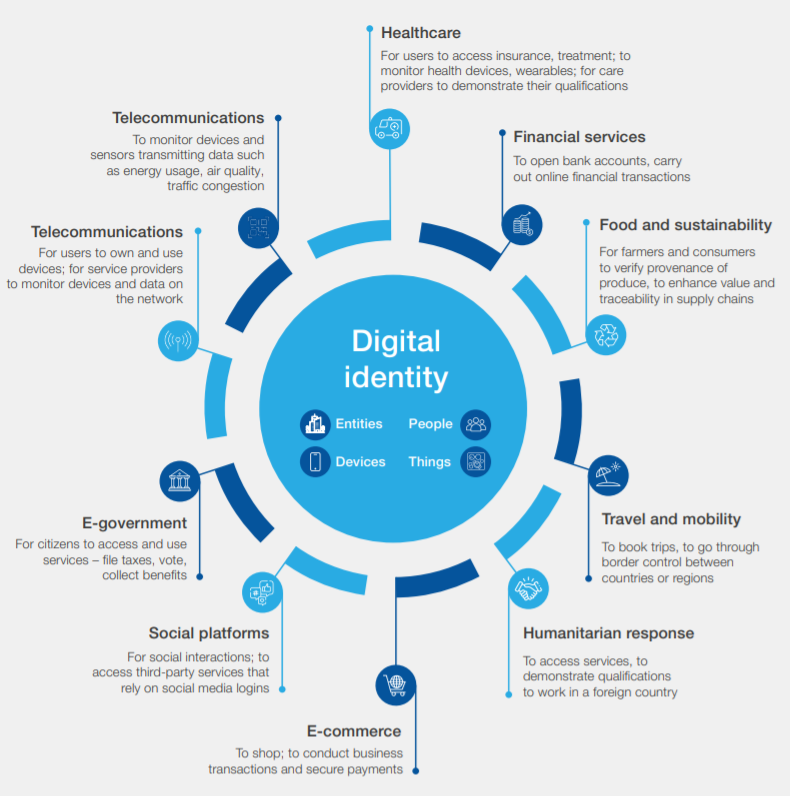
Once digital identity is established and connected with public-private infrastructure, then everything else can be built on top of it, including access to financial services, insurance, healthcare, education, and the process of starting a new business — digital ID would be required for everything.
The World Bank president’s words echo those of India’s digital ID architect Nandan Nilekani, who said at last year’s International Monetary Fund (IMF) Spring Meetings, “If you think, ‘what are the tools of the New World?‘ — Everybody should have a digital ID; everybody should have a bank account; everybody should have a smartphone.
“Then, anything can be done. Everything else is built on that.”
Nilekani is a staunch advocate of digital public infrastructure (DPI), which consists of three components: digital identity, digital payments systems, and mass data sharing.
Last year, the G20 India Leaders’ Declaration stated, “We endorse the voluntary and nonbinding G20 Policy Recommendations for Advancing Financial Inclusion and Productivity Gains through Digital Public Infrastructure. We take note of the significant role of digital public infrastructure in helping to advance financial inclusion in support of inclusive growth and sustainable development.”
Prior to the G20 Summit, the B20 India Communique recommended that members, “Roll out digital public infrastructure to boost financial inclusion and healthcare access.”
Then in November 2023, the United Nations, the Bill and Melinda Gates Foundation, and their partners launched the 50-in-5 campaign to help “50 countries design, launch, and scale components of their digital public infrastructure” within the next five years.
Ahead of last month’s vote on an update to the European digital identity framework, a small number of MEPs spoke out against the adoption of an EU-wide digital identity wallet, calling it an insult to democracy that was creating a QR code society and leading to a Chinese-style system of social credit.



